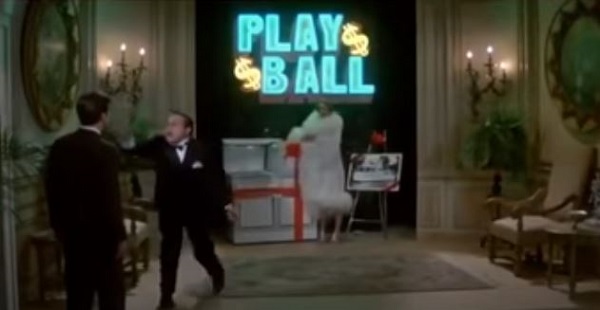So I asked in a previous post, what are police good for? Today we ask why mass shootings have become such a problem? The root of the problem lies with a movement that started out west in California during 1955. I am referring to deinstitutionalization.
Deinstitutionalization began in 1955 with the widespread introduction of chlorpromazine, commonly known as Thorazine, the first effective antipsychotic medication, and received a major impetus 10 years later with the enactment of federal Medicaid and Medicare. Deinstitutionalization has two parts: the moving of the severely mentally ill out of the state institutions, and the closing of part or all of those institutions.
In 1975, the Supreme court ruled that people cannot be involuntarily committed to a mental institution unless it could be proven that they were a danger to themselves or others. That high bar caused many mental patients to be released from the country’s public mental hospitals. With no patients, those facilities ceased to exist.
The entire idea was to use medications to manage mental illness and make the mentally ill well enough to live amongst the rest of society. The problem with this theory is that many people with mental illness don’t take their medications, either because they can’t afford them, or they simply don’t take them. The medications, especially first generation antipsychotics like Thorazine, carry a huge number of serious side effects, so many of those who are supposed to take them wind up self medicating with street drugs, alcohol, or both. In fact, 80 percent of the most severely mentally ill are never able to manage their illness and slowly slide into an endless cycle of prison, psychiatric facilities, halfway houses, homelessness, then back to prison.
Psychotic people often can’t maintain a job, are addicted to drugs or alcohol, and find it impossible to maintain interpersonal relationships. So they fall out of society. They wind up homeless, they cycle in and out of prison, and there are no real answers that protect society or the mentally ill.
Then you add the war on drugs with their minimum prison sentences to the mix, and mentally unstable people get tossed out of jail to make room for drug offenders. Most of those who were deinstitutionalized from the nation’s public psychiatric hospitals were severely mentally ill. Between 50 and 60 percent of them were diagnosed with schizophrenia. Because of this, deinstitutionalization has helped create the mental illness crisis we are seeing now by discharging people from public psychiatric hospitals without ensuring that they received the medication and rehabilitation services necessary for them to live successfully in the community.
Deinstitutionalization further exacerbated the situation because, once the public psychiatric beds had been closed, they were not available for people who later became mentally ill, and this situation continues up to the present. Consequently, approximately 2.2 million severely mentally ill people do not receive any psychiatric treatment.
The connection between deinstitutionalization and incarceration is all too obvious. In 1978, the prison population was about 25,000. In 1980, that had grown to 501,886. In 1995, there were 1,587,791 people in US prisons, and 30 percent of the prison population were designated as needing mental health services.
In the last several years, California engaged in mental health deinstitutionalization 2.0. This time it was Gov. Brown who pushed for sweeping new laws. Measures approved by the Legislature and voters have drastically changed the legal landscape and reduced prison and jail populations. By the end of his tenure, prison population in California had fallen by almost a third.
As the jails and prisons emptied, homelessness jumped. Now, approximately a quarter of all people experiencing homelessness in this country reside in California. And while there are fewer inmates, the prevalence and severity of the mental illness among prisoners has increased. Astonishingly, in just four years, the number of people in California who were deemed incompetent to stand trial has increased by 60 percent, straining courts and state hospitals.
It’s a serious issue. Approximately 14.8 million people in the United States have severe mental illness. We emptied out the mental hospitals, and many of the former patients wound up in prison or in homeless camps. Now they are clearing out the prisons, so we can expect to see more and more attacks by people who are mentally ill. Since there are not enough mental health services, many people who would have been identified and institutionalized before they could hurt anyone now slip through the cracks, unnoticed.
America doesn’t have a gun problem. It has a mental health problem, and it is getting worse. America is sliding into madness, a phenomenon that Heinlein referred to as “the crazy years.”
Much of this post is the research I did for a paper that I wrote for a public health class I am taking for my BSN. It was interesting enough to me that I put some of the things that are inappropriate for school into a post, and the result is what you see here. This isn’t even a rough draft of the paper, just disjointed facts that are part of my process.


